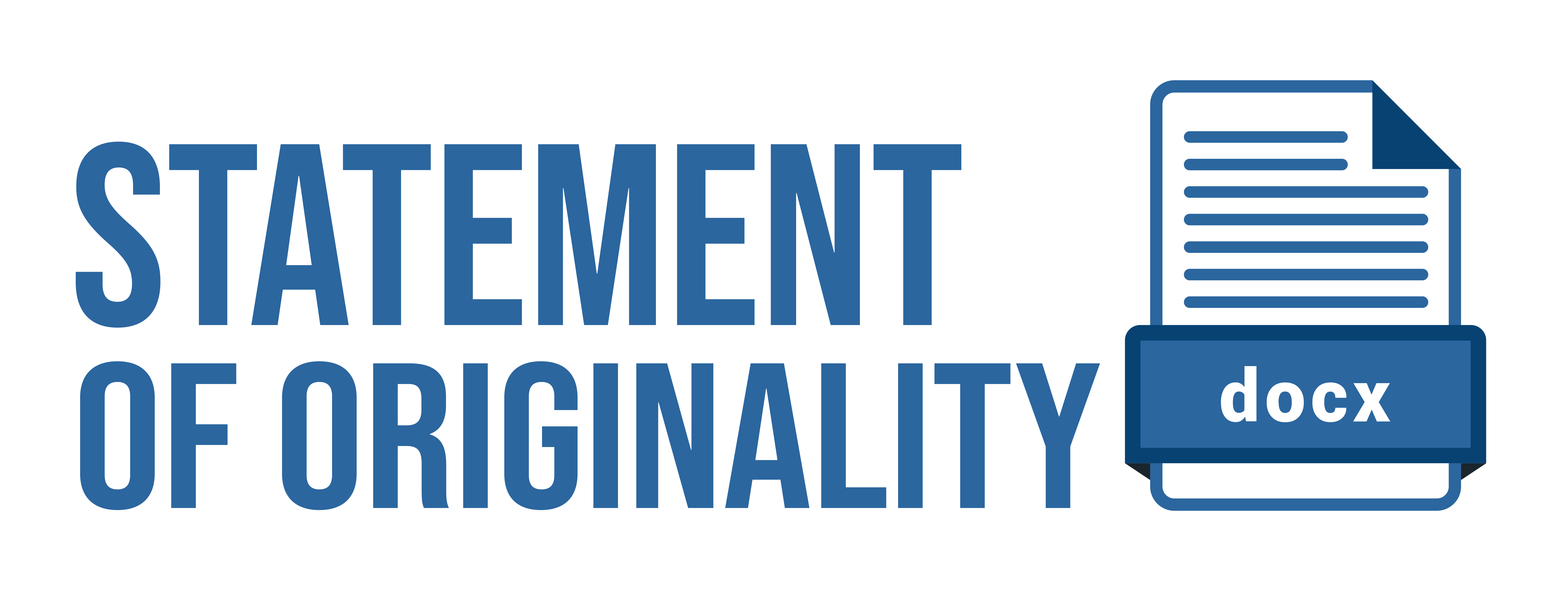POLEMIK PEMBERIAN HARTA WARIS MELALUI WASIAT KEPADA ANAK ANGKAT
DOI:
https://doi.org/10.15575/as.v16i2.632Abstract
This paper describes the polemic of the distribution of waris for foster child in the study of Islamic law and the laws and regulations in Indonesia. The distribution of estate to foster child was regulated in article 209 in the Compilation of Islamic Law (KHI). Thus, this is a signal that the influence of customary law and Western law had entered in KHI . Therefore, by this paper, Author would like to emphasize that the distriÂbuÂtion of waris to the foster child by using the concept of wasiat wajibah in KHI is wrong. It is not based on the shari'ah (qath‘iy al-dilâlah), but rather based on logic of the law and humanitarian considerations, and it is zhanÂniy al-dilâlah. Thus, author sure that the distribution of waris by one third (1/3) of estate to the foster child by using the concept of wasiat wajibah is an erroneous ijtihad, cotradiction with the texts, and could be detrimental to the main heirs.
Downloads
Published
2014-08-31
How to Cite
Habiburrahman, H. (2014). POLEMIK PEMBERIAN HARTA WARIS MELALUI WASIAT KEPADA ANAK ANGKAT. Asy-Syari’ah, 16(2), 125–134. https://doi.org/10.15575/as.v16i2.632
Issue
Section
Articles
Citation Check
License
The author whose published manuscript approved the following provisions:
- Authors retain copyright and grant the journal right of first publication with the work simultaneously licensed under a Attribution-ShareAlike 4.0 International (CC BY-SA 4.0) License that allows others to share the work with an acknowledgment of the work's authorship and initial publication in this journal.
- Authors are able to enter into separate, additional contractual arrangements for the non-exclusive distribution of the journal's published version of the work (e.g., post it to an institutional repository or publish it in a book), with an acknowledgment of its initial publication in this journal.
- Authors are permitted and encouraged to post their work online (e.g., in institutional repositories or on their website) prior to and during the submission process, as it can lead to productive exchanges, as well as earlier and greater citation of published work (See The Effect of Open Access).






